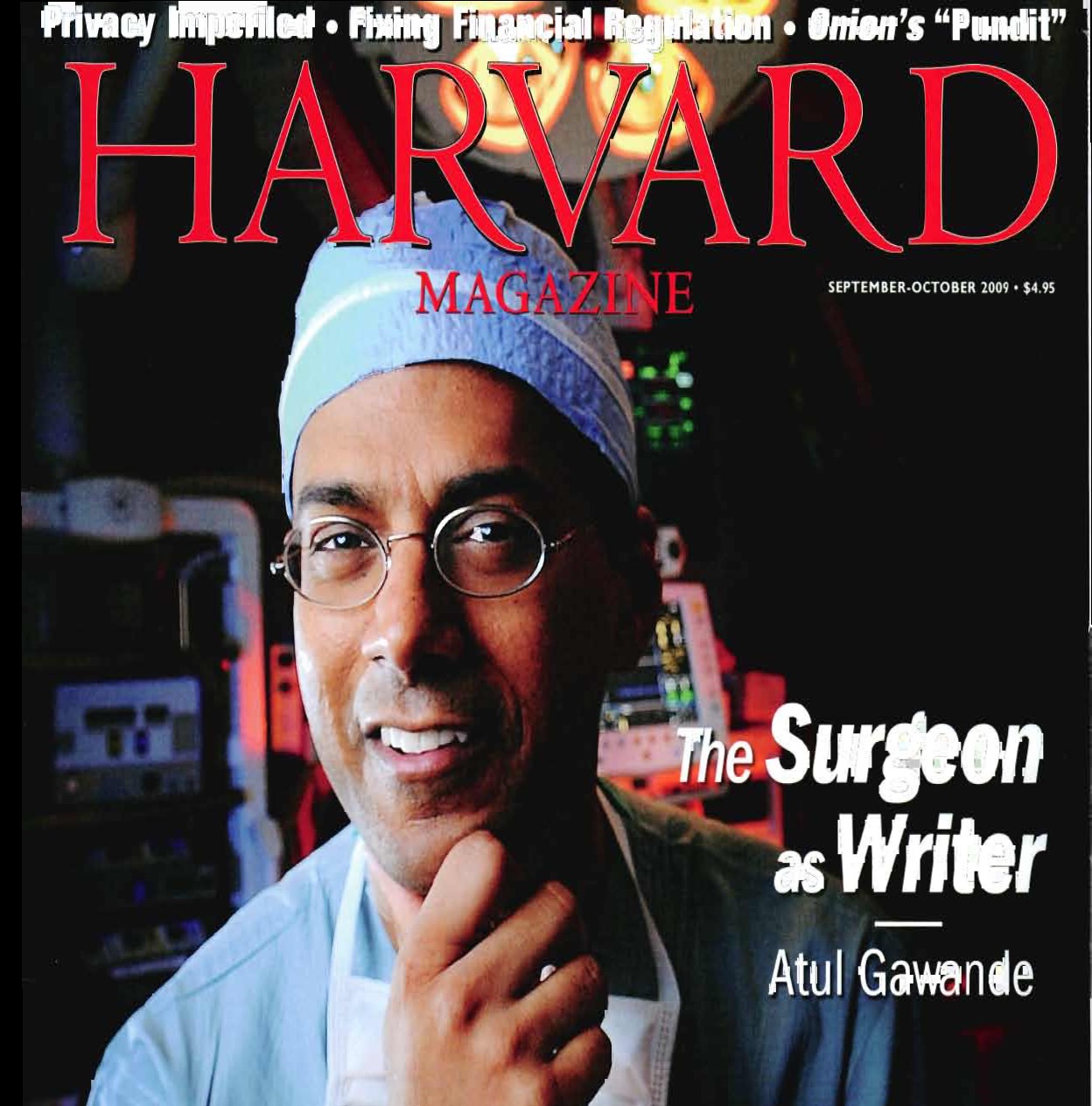You know that patient safety is not a priority in a hospital when your state regulatory agency orders that cameras be installed in your operating rooms.
Rhode Island Hospital has had five wrong-site surgeries since 2007. Here is how the AP described the last incident:
The latest incident last month involved a patient who was to have surgery on two fingers. Instead, the surgeon performed both operations on the same finger. Under protocols adopted in the medical field, the surgery site should have been marked and the surgical team should have taken a timeout before cutting to ensure they were operating on the right patient, the right part of the patient’s body and doing the correct procedure.
 Day on Torts
Day on Torts


